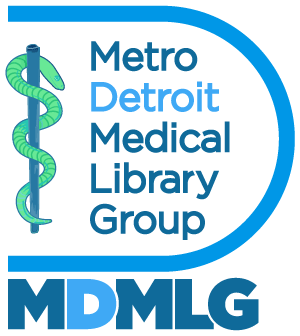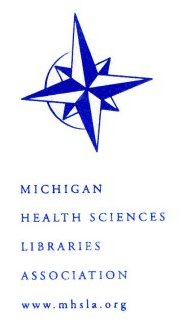Dr. Slawson will talk about how the information flow is not as good as it should be. Clinicians are part of the "Information Business" even though most do not think they are. Good information + learning = better patient care. Who is responsible? In part, we all are (all being vendors, librarians and clinicians).
Typical flow of information in medicine:
Medical research is published --> Results summarized by experts --> review articles OR CME --> Clinicians --> Patient Care
Dr. Slawson co-authored an article on which the keynote is based:
What happened to the valid POEMs? A survey of review articles on the treatment of type 2 diabetes. [Review] [19 refs] [Journal Article. Review] BMJ. 327(7409):266, 2003 Aug 2.
Purpose of article was to find out what went wrong and give ideas on how to fix it.
Gimenez-Perez G, et al. Diabetic Medicine 2005;22:688-92 - Random sample of 66 sites. Web basically useless but your best bet is non-comerical sites.
"Still a man sees what he wants to see and disregards the rest." - Paul Simon.
Who should write reviews?
Oxman AD, Guyatt GH. The science of reviewing research. Ann NY Acad Sci 1993;703:125-33
Study of 36 review articles using 10 criteria for determining rigor. The overall rating of rigor: expert correlation was 0.23, non-expert correlation = 0.78. The greater the expertise of the writer = stronger prior opinion --> less time spent on review --> lower quality. Their conclusion: the epxerts should do the research, the non-experts should write reviews due to less bias.
There is quality and then there is the perception of quality. The perception of quality (i.e., marketing) always wins in the end.
Is our information system working, or is it flawed and broken? Need to grade for bogth validity and relevance. He spoke about SORT (see notes from CE class).
Information Mastery Method
Medical Research publishes -> Results evaluated by Information Masters --> Publish in EBM sources (Cochrane, valid POEMs, InfoRetriever, etc.) --> clinicians --> highest quality patient care.
Cannot have a solution until there is a recognition of the problem. There is no recognition of a problem here in the United States.
Wisdom is the individual application of knowledge.
Dr. Slawson has done a great job explaining what the problem is. Our job now is to figure out how medical librarians can be part of the solution. We could drop our traditional passive role vs. active, assertive role. Change agents of American medicine are NOT going to be doctors. It probably won't be the political arena. It's up to us to determine where we will fit in.
Labels: MHSLA





0 Comments:
Post a Comment
<< Home